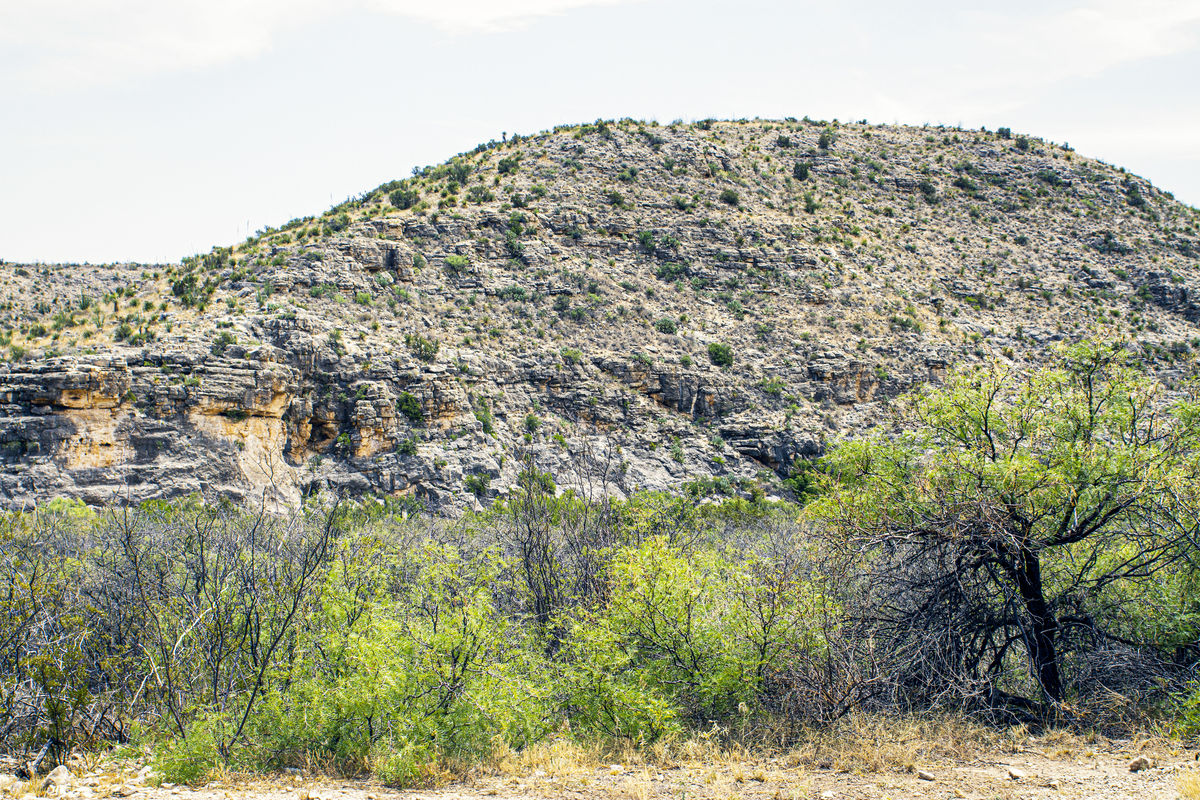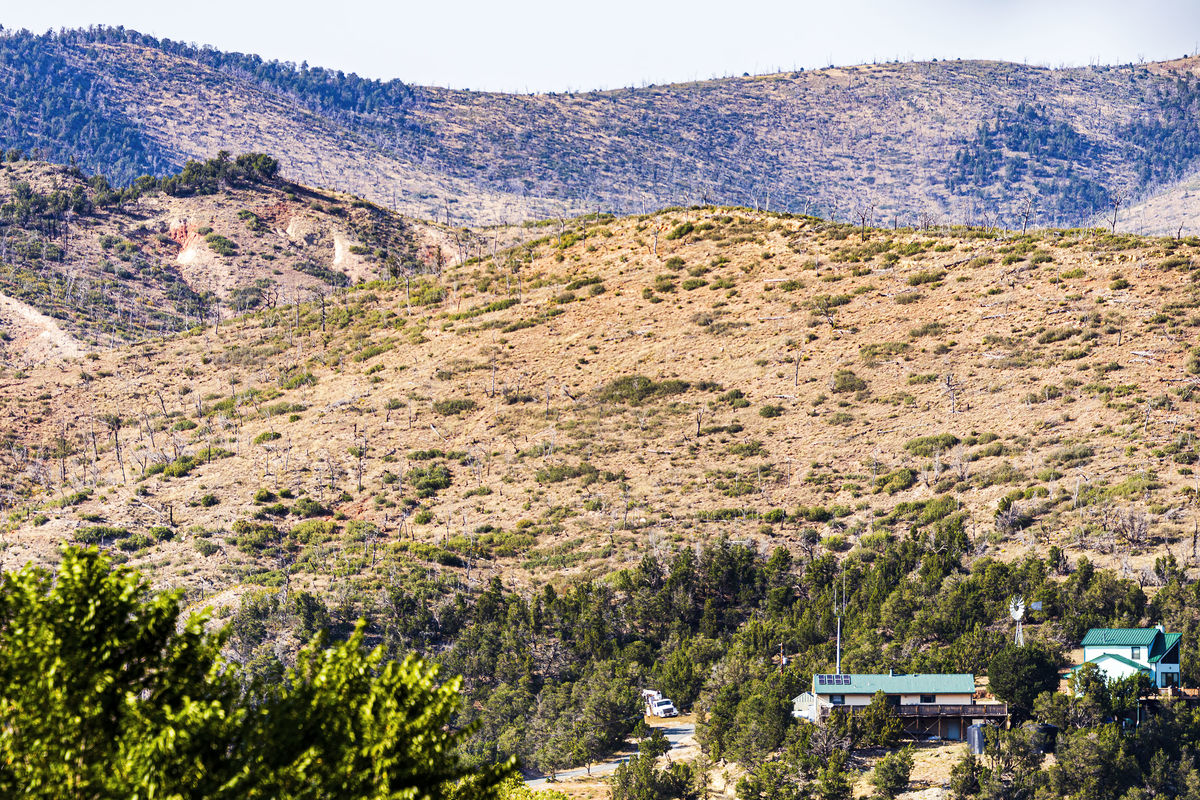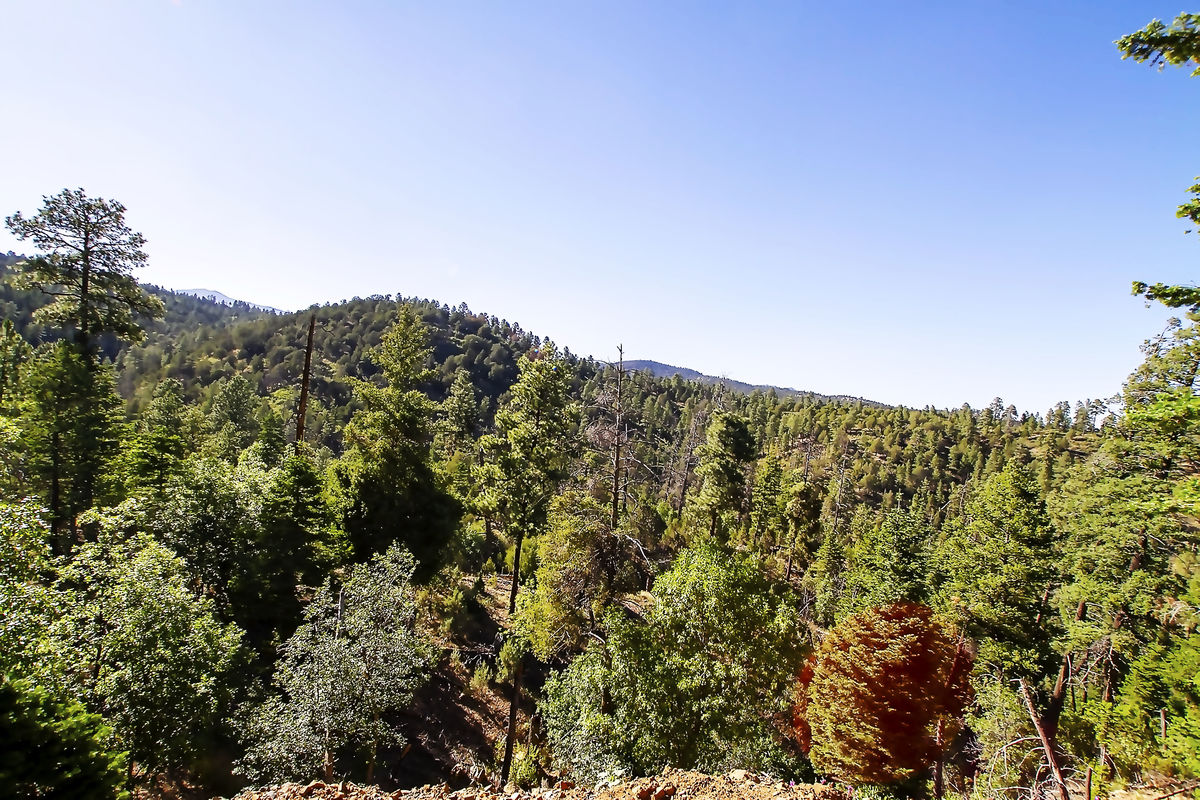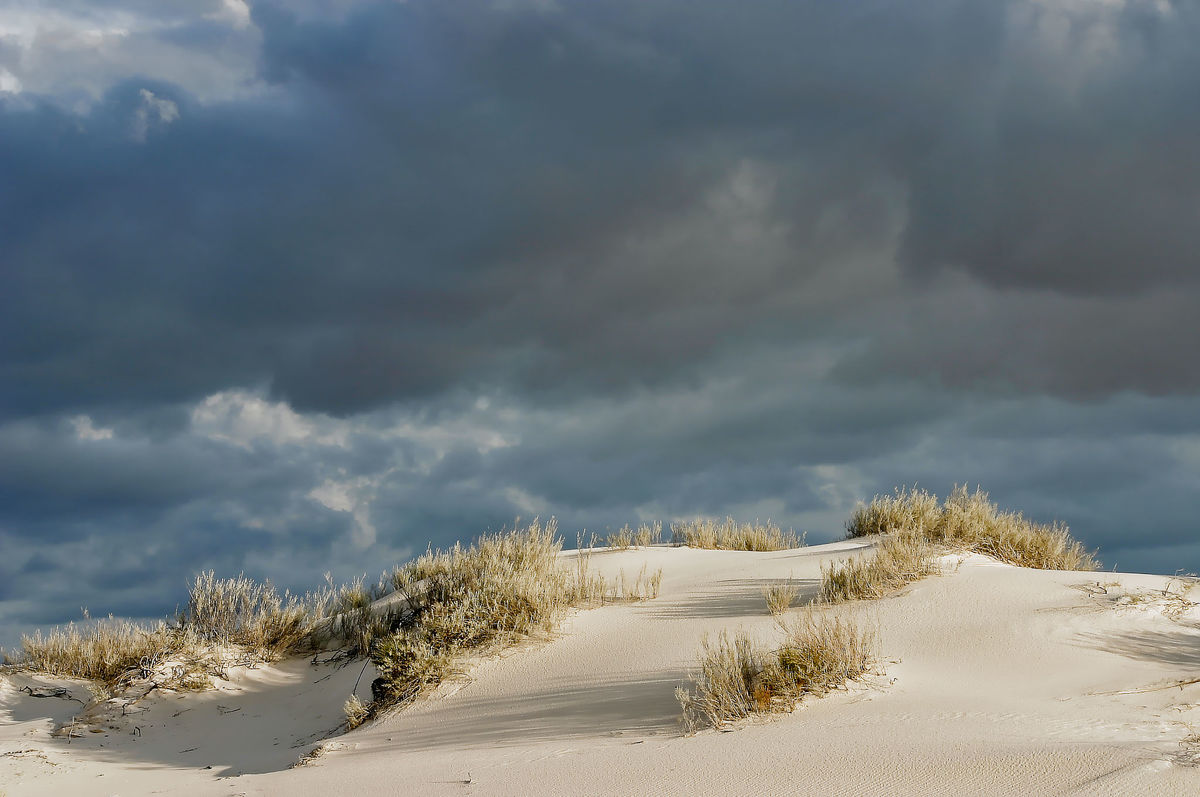ND Graduated Filters
Jan 25, 2022 14:28:30 #
pdsilen
Loc: Roswell, New Mexico
I do a lot of landscape photography, mostly desert and some mountains and forests. I just read an article about landscape shooting. And it was suggested that I use an ND graduated filter. I looked at the KEH website to see what is available only to find that there are all different kinds. Attached are a few landscape photos. I am open to feedback for suggestions as to what kinds of filters to buy.
Jan 25, 2022 14:34:26 #
Physlab
Loc: Portland, OR
pdsilen,
I gravitate toward Hoya filters. This is not a place to go cheap. I would need to look up my ND filter, but I think it is a 10 or set for long exposures.
My Olympus Mark III has ND software built right into the camera so I no longer use filters.
Lowell
I gravitate toward Hoya filters. This is not a place to go cheap. I would need to look up my ND filter, but I think it is a 10 or set for long exposures.
My Olympus Mark III has ND software built right into the camera so I no longer use filters.
Lowell
Jan 25, 2022 14:42:09 #
I have two:
- a graduated (GND) as it will lessen the bright sky while keeping the existing light for the foreground.
- an ND for reducing light for the whole picture, like to allow longer exposure times for some motion blur, ie. water.
The only problem with a graduated, it is a straight line across the middle, which makes it fun to use with mountain bumps.
I like Hoya also.
- a graduated (GND) as it will lessen the bright sky while keeping the existing light for the foreground.
- an ND for reducing light for the whole picture, like to allow longer exposure times for some motion blur, ie. water.
The only problem with a graduated, it is a straight line across the middle, which makes it fun to use with mountain bumps.
I like Hoya also.
Jan 25, 2022 14:52:53 #
David Martin
Loc: Cary, NC
Graduated ND filters work best with the horizon is basically a straight line, as Longshadow said. None of the horizons in the photos you posted is straight.
If you (preferably) shoot in RAW, and reduce exposure a bit to avoid blowing out the highlights in the brightest areas, you can accomplish the same effect in post-processing software.
If you (preferably) shoot in RAW, and reduce exposure a bit to avoid blowing out the highlights in the brightest areas, you can accomplish the same effect in post-processing software.
Jan 25, 2022 14:54:41 #
I think a circular polarizer would better suit you. They would deepen the color of the sky and remove glare from bright sun on leaves, water, rocks, etc. They are really helpful with the kind of scenery where you live. I use one almost all the time. B+W, Hoya, and others. Don't get a cheap one.
Jan 25, 2022 15:21:54 #
Graduated filters are hard to use because, somewhere on the glass, it has to switch from dark to light. That forces awkward composition. As David Marten suggests, shooting RAW helps a lot. Shooting multiple exposures can work even better. They can be combined in HDR software or through layering and masking techniques in Photoshop.
Jan 25, 2022 15:52:20 #
There are at least two types of graduation, hard and soft. A quick hard line works better for straight horizons like sunsets over the ocean. The soft grad is better suited for the terrain shown in your images. There is not one GND that will fit all of your needs therefore, you must have several different ones for different situations. I have three grades of hard and three grades of soft that covers most everything that I would come to need.
I use the Lee system but they are hard to come by. You really don't want to go cheap on these and there are several quality systems available.
Some situations can be dealt with using software making the GND less and less a necessity so you may want to look into that...
I use the Lee system but they are hard to come by. You really don't want to go cheap on these and there are several quality systems available.
Some situations can be dealt with using software making the GND less and less a necessity so you may want to look into that...
Jan 25, 2022 16:06:31 #
stogieboy
Loc: Marlboro, NY
alandg46 wrote:
I think a circular polarizer would better suit you. They would deepen the color of the sky and remove glare from bright sun on leaves, water, rocks, etc. They are really helpful with the kind of scenery where you live. I use one almost all the time. B+W, Hoya, and others. Don't get a cheap one.


Jan 25, 2022 16:21:48 #
pdsilen wrote:
I do a lot of landscape photography, mostly desert and some mountains and forests. I just read an article about landscape shooting. And it was suggested that I use an ND graduated filter. I looked at the KEH website to see what is available only to find that there are all different kinds. Attached are a few landscape photos. I am open to feedback for suggestions as to what kinds of filters to buy.
With the improved sensor dynamic range of cameras today along with superfast burst speeds to use with exposure bracketing ND grads have become less necessary.
It's worth considering this before spending on something that may not give you an advantage.
Jan 26, 2022 05:17:53 #
Jan 26, 2022 06:05:25 #
tcthome
Loc: NJ
Do you do any post processing & if yes, what software do you use? It is good to have some filters like a polarizer & ND filters. Grads ND filters are alright but for the horizons you show here would either leave some of the sky unfiltered or some of your mountains darker than the rest because a horizontal line in the middle of the filter. Either way a soft grad would be best if you use one. As mentioned combining 2 different exposures, (1 for the highlights in the sky & 1 for the rest of the landscape) would or should yield better results. Also in software like Lightroom you can add a graduate filter, (which still would make a straight line) then use a brush to erase it from the top of your mountains. There are videos on you tube & the Adobe website on how to do this.
Breakthrough, Nisi, Polar Pro are good brands to take a look at. Make sure you get the set for your largest filter thread & use step down rings if you plan on using the filters on lenses with smaller filter threads.
Here is a place to start your search. https://www.bhphotovideo.com/c/search?Ntt=nisi%20filter%20kits&N=0&InitialSearch=yes&sts=ma Have fun, Tom
Breakthrough, Nisi, Polar Pro are good brands to take a look at. Make sure you get the set for your largest filter thread & use step down rings if you plan on using the filters on lenses with smaller filter threads.
Here is a place to start your search. https://www.bhphotovideo.com/c/search?Ntt=nisi%20filter%20kits&N=0&InitialSearch=yes&sts=ma Have fun, Tom
Jan 26, 2022 06:44:42 #
If you are serious about landscape photography, forget about grads. Shoot two exposures two or three stops apart and blend them in Photoshop using non-destructive layer masks, which will give you full control over differential exposure between the bright and darker parts of the image. In addition to that, you can tailor the transition exactly as needed.
Grads are limited to a straight line transition, and a single gradient. They are expensive, you need time to set them up, they are fragile, you have to carry them around, they reduce image quality and you have to keep them clean, not to mention they are expensive. The Photoshop technique is quite easy to learn and it gives you infinitely more control over the final image.
Grads are limited to a straight line transition, and a single gradient. They are expensive, you need time to set them up, they are fragile, you have to carry them around, they reduce image quality and you have to keep them clean, not to mention they are expensive. The Photoshop technique is quite easy to learn and it gives you infinitely more control over the final image.
Jan 26, 2022 06:54:20 #
pdsilen wrote:
I do a lot of landscape photography, mostly desert and some mountains and forests. I just read an article about landscape shooting. And it was suggested that I use an ND graduated filter. I looked at the KEH website to see what is available only to find that there are all different kinds. Attached are a few landscape photos. I am open to feedback for suggestions as to what kinds of filters to buy.
Seeing your photos and because you want an answer, I say that I think you should do a little more work with the photos before buying any kind of filters. By far the last photo is the one with the correct light and with a point of interest, the dunes. I think that with a little more editing you can have a very good photo. But the other three lack a point of interest and the light seems to be midday, where no shadows are seen. My humble recommendation is that before you buy expensive filters, try your photo with other lights, another composition and bracketing to compose an HDR in photoshop or other software.
Jan 26, 2022 07:16:50 #
Longshadows comments about horizon lines is a serious consideration with the ND graduated filters. Your best bet is to use ETTR/ETBR techniques. Of course, this will require a bit of structured testing on your part.
--Bob
--Bob
pdsilen wrote:
I do a lot of landscape photography, mostly desert and some mountains and forests. I just read an article about landscape shooting. And it was suggested that I use an ND graduated filter. I looked at the KEH website to see what is available only to find that there are all different kinds. Attached are a few landscape photos. I am open to feedback for suggestions as to what kinds of filters to buy.
Jan 26, 2022 08:34:53 #
If you want to reply, then register here. Registration is free and your account is created instantly, so you can post right away.












